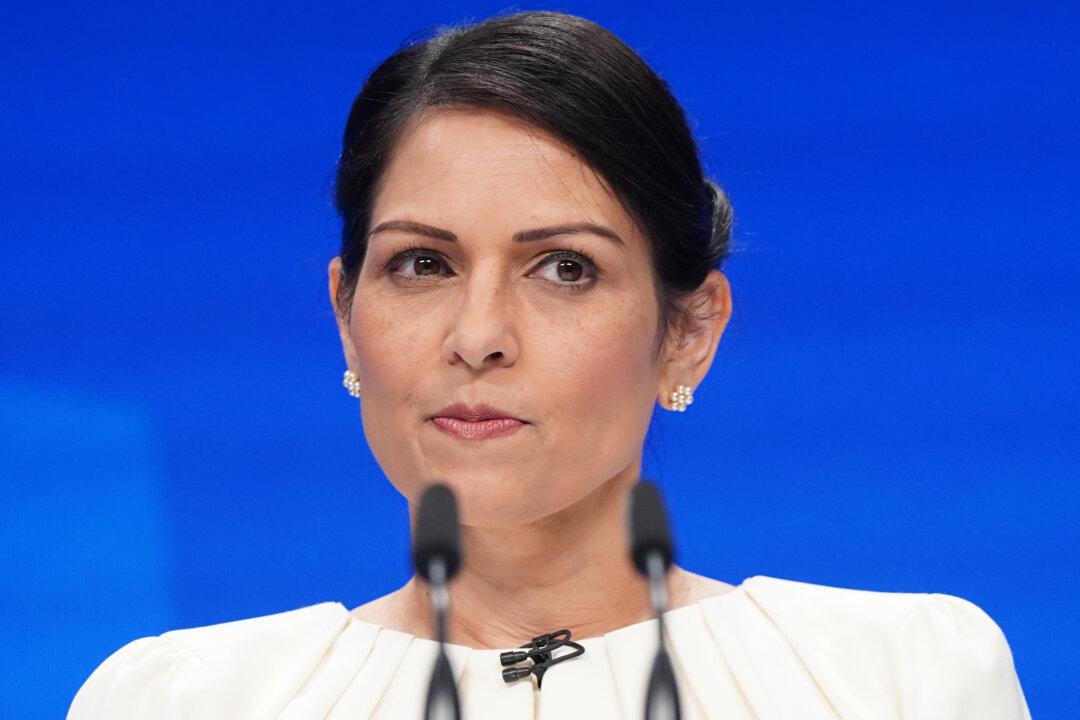A new inquiry has been launched to identify systemic failures that allowed Sarah Everard’s murderer to be employed as a police officer, the Home Office announced on Tuesday.
Wayne Couzens, 48, was jailed for life on Thursday for the kidnap, rape, and murder of the 33-year-old marketing executive. Couzens was a serving Metropolitan Police officer when he abducted his victim by making a fake arrest on March 3.





